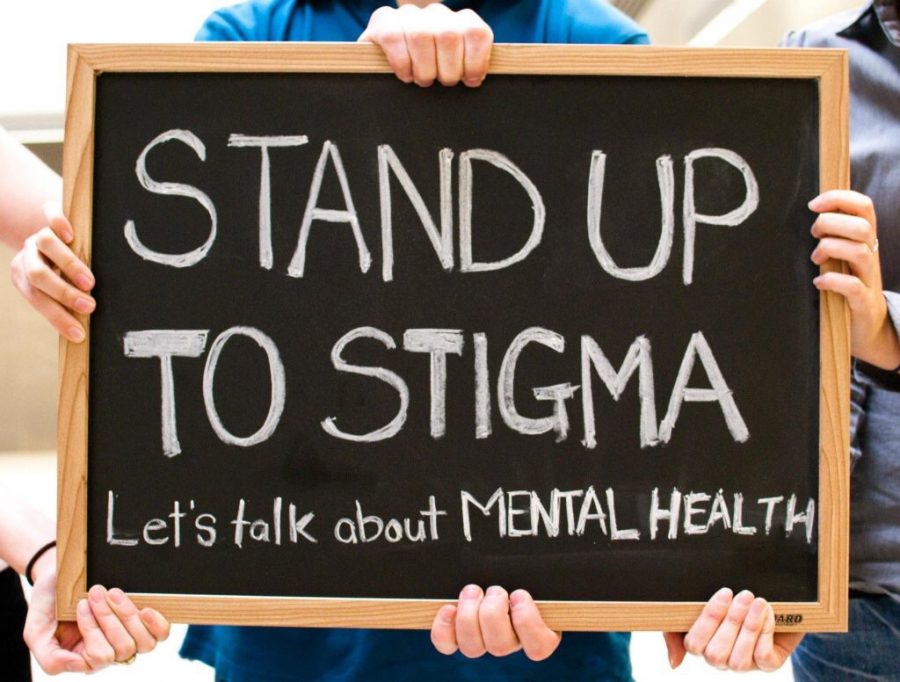Let’s End the Stigma: Mental Illness
May is Mental Health Awareness Month. Together we can end the stigma.
The subject of mental illness has long been a taboo in our society. This makes people with mental illness feel even more isolated than many already do. With suicide being the second leading cause of death among 15- to 24-year-olds in the US, we have to start the conversation about mental illness to end the stigma.
Dealing with mental illness can be a difficult experience. Here are some helpful tips for navigating this part of life:
- Mental illness is real and valid.
- Remember that there is no shame attached to mental illness.
- You are not alone: 46% people ages 13-18 have or previously had a mental disorder.
- If someone expresses concerns about their mental health or shares suicidal feelings with you, never say they are doing it for attention.
- Eating disorders, depression, anxiety/panic attacks and OCD are not jokes or to be taken lightly.
- Mental illnesses may last for a short amount of time, be reoccurring or persist throughout one’s life.
- If you feel your friend’s life is in danger, always tell a trusted adult.
- Taking medication is perfectly fine; not taking medication is perfectly fine.
- Mental illness can be well managed and people living with it can certainly live a full life.

The most important thing you can do when faced with mental illness is to seek help for yourself. If a friend is in need, encourage others to seek help. Our brains are organs the same as any other part of our body. If our brains get sick, it is beneficial, and sometimes necessary, to see a doctor to receive appropriate treatment just like you would if you had a heart condition. In addition to accepting help and support, remember that there are people who care and want to offer help.
Start a respectful conversation, get educated and end the stigma.
Helpful resources for mental health information and support:
- Sara Spiess: Ms. Spiess is employed through Preferred Family Health Care as St. Dominic’s school counselor. She is typically here one day a week, and will be available through a school email starting next year.
- Buddy Project: www.buddy-project.org or @ProjectBuddy on twitter
- National Institute of Mental Health: www.nimh.nih.gov
- National Alliance on Mental Illness: www.nami.org
- Crisis Call Center (www.crisiscallcenter.org) provides confidential, anonymous and free informative support 24 hours a day 365 days a year, and you don’t have to be suicidal to use their services:
Call line: 775-784-8090
Text line: text “Answer” to 839863

Marilyn is a senior who is involved in AD Club, NHS and the Glamour Gals Leadership Team. She has a fascination with all things music and attends concerts...


